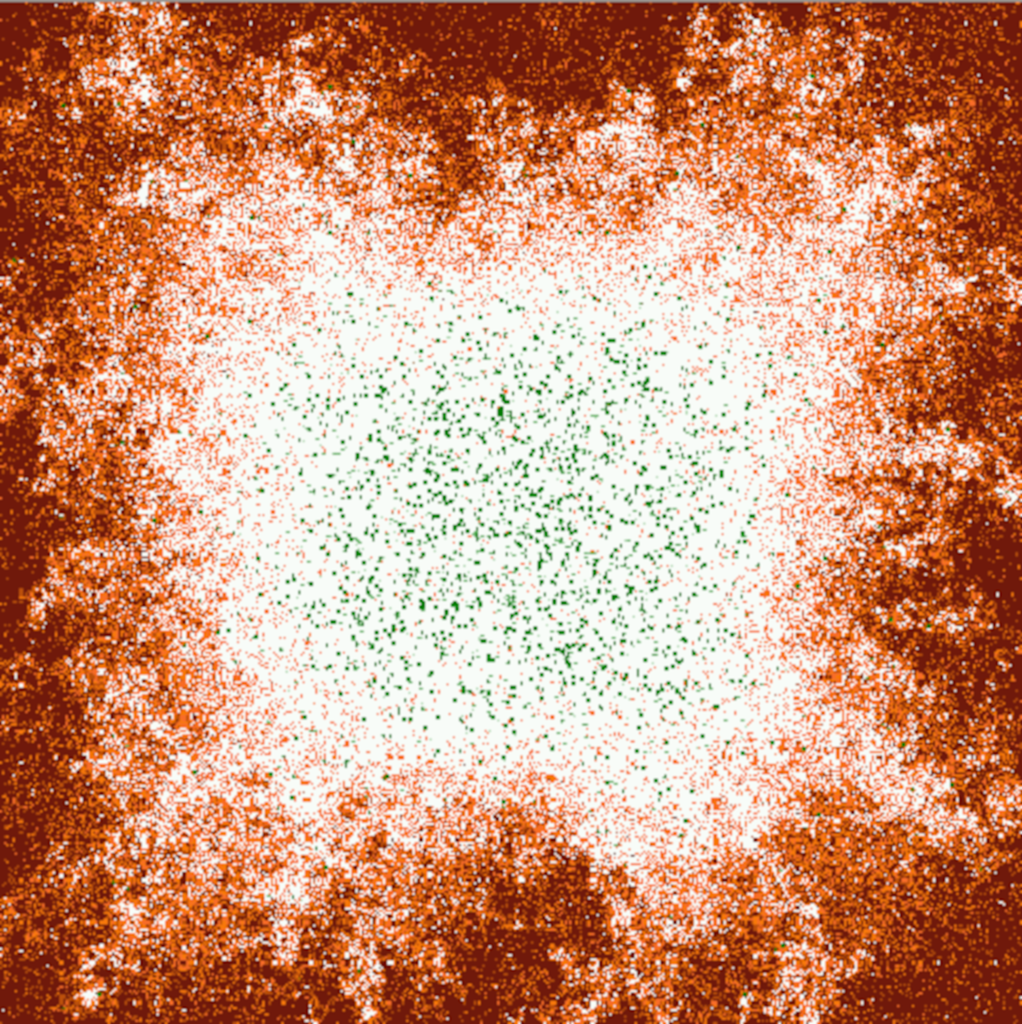January 2017
Early in 2017, a small exhibition in Luxembourg City highlighted a selection of ‘WiSE – Women in Science and Engineering’. Here we introduce one of the featured scientists, LIH’s Simone Niclou, oncologist and coordinator of CANBIO, one of the 11 Doctoral Training Units funded through the FNR’s PRIDE programme.
In addition to coordinating a PRIDE DTU, Simone Niclou, PhD, heads up the Norlux Neuro-Oncology Laboratory at the Luxembourg Institute of Health (LIH), where she is also Head of the Animal Facility. Her field of expertise includes the biology of malignant brain tumours with a focus on angiogenesis, invasion, tumour metabolism and tumour heterogeneity.
She is a frequently invited speaker at various international scientific conferences, in addition to being a guest lecturer at national and international universities. She has also been the President of the Board of Directors of the Laboratoire National de Santé since 2015.
Research goals: Improving options for brain cancer patients
Simone Niclou’s research revolves around brain cancer. Her goal is to improve treatment and extend the life expectancy of patients.
With Glioblastomas – the most dangerous and common type of brain tumour – the life expectancy of the patients is only around one year, and there are but few treatment options. The goal of the research of Simone Niclou’s working group is to develop new therapies and medications, as much as it is to understand how brain cancer starts.
But Simone Niclou no longer conducts lab experiments – she leads a research group and is the coordinator of CANBIO, one of the 11 Doctoral Training Units funded through the first Call of the FNR’s PRIDE programme.
CANBIO stands for a Luxembourg Institute of Health (LIH) PhD training programme by the name of ‘Training in Cancer Biology: Focus on tumour escape mechanisms’. It addresses the clinical problem of tumour progression and recurrence. The PhD candidates on this programme will be involved in a a collaborative and interdisciplinary effort to deliver novel insight into tumour escape mechanisms, disease monitoring and large scale data analysis in highly malignant cancers.
Find out more about CANBIO on the LIH’s website.
WiSE women exhibition
Find out more about the WiSE women exhibition (20 January to 11 February 2017, Luxembourg City)











